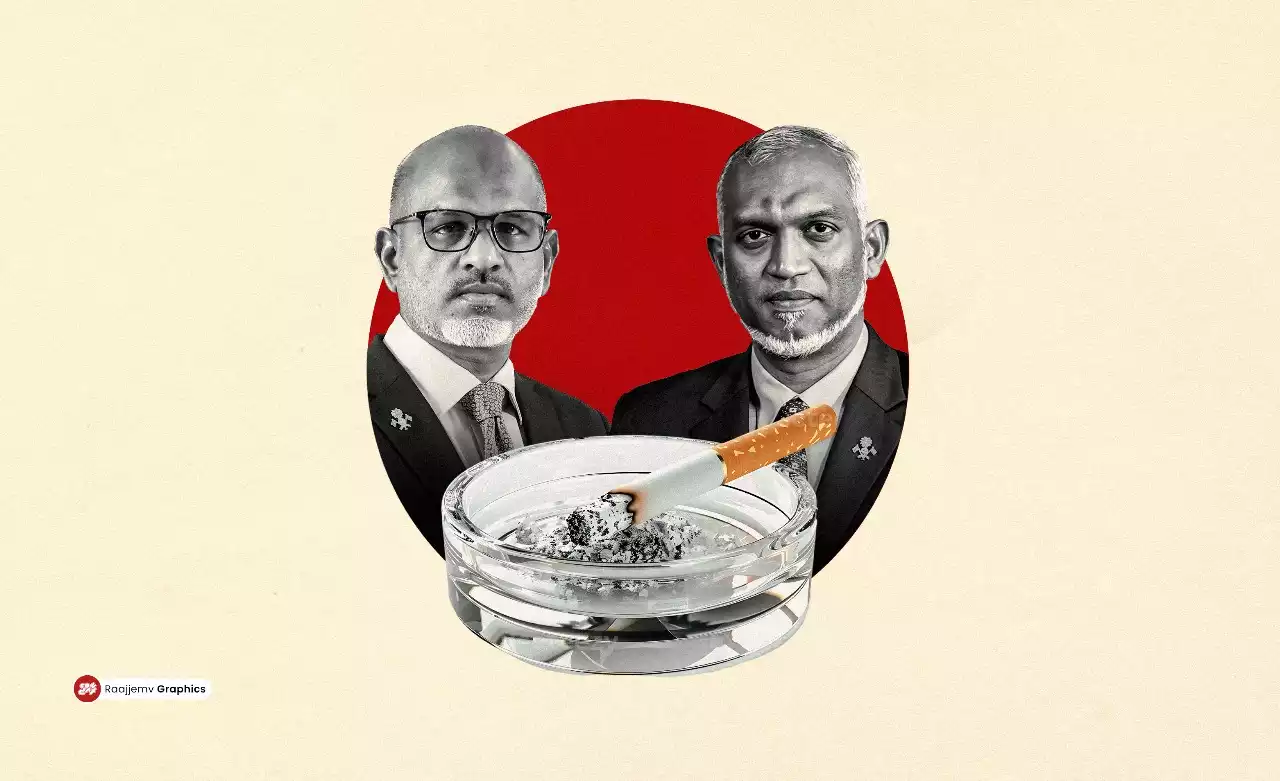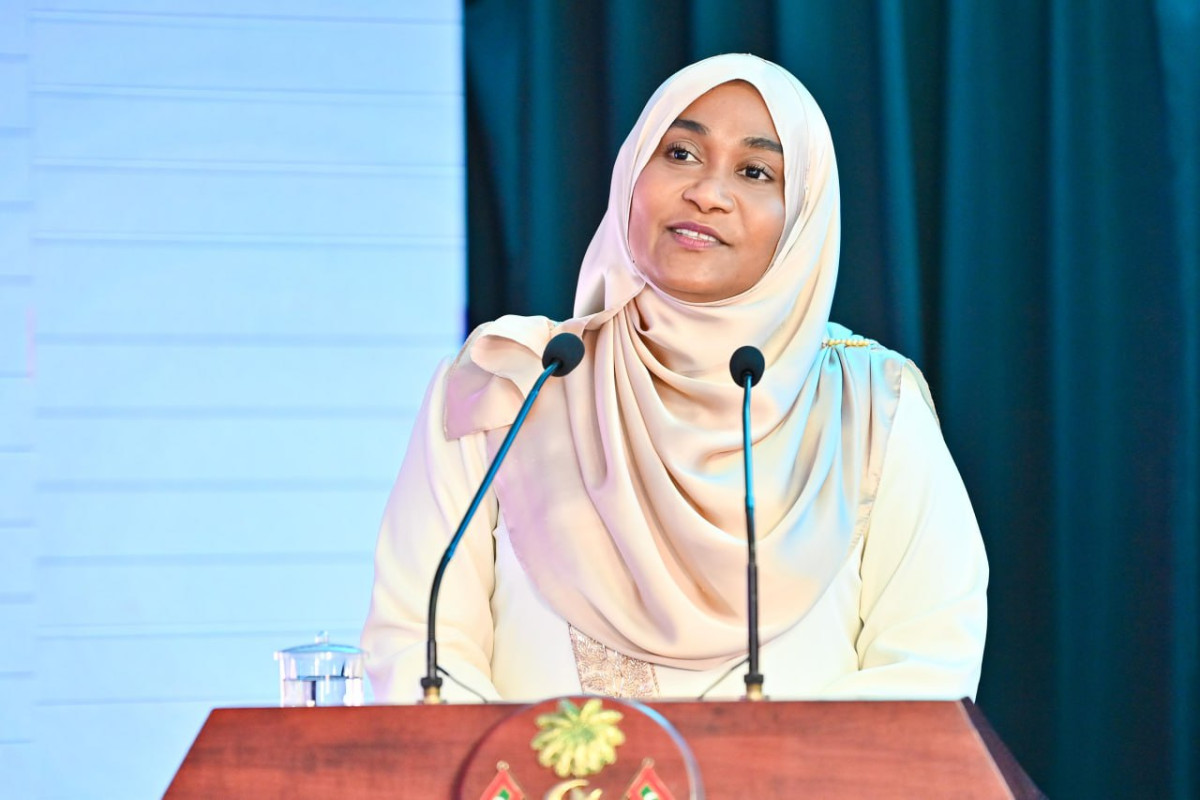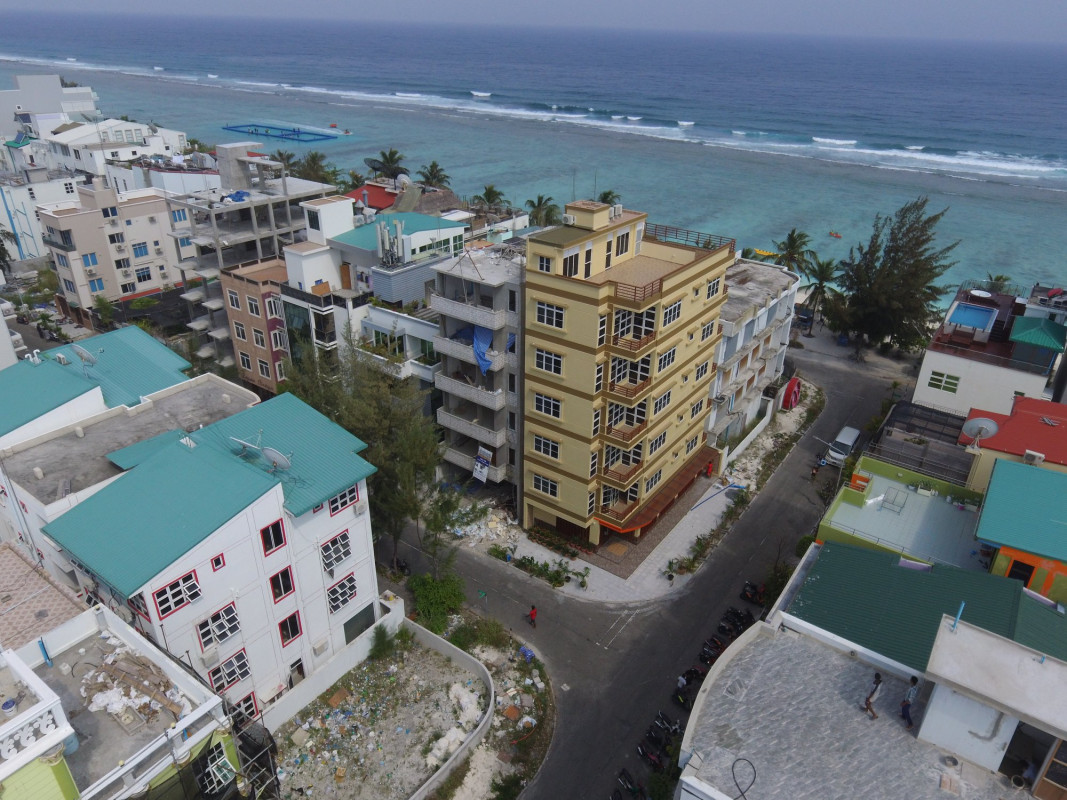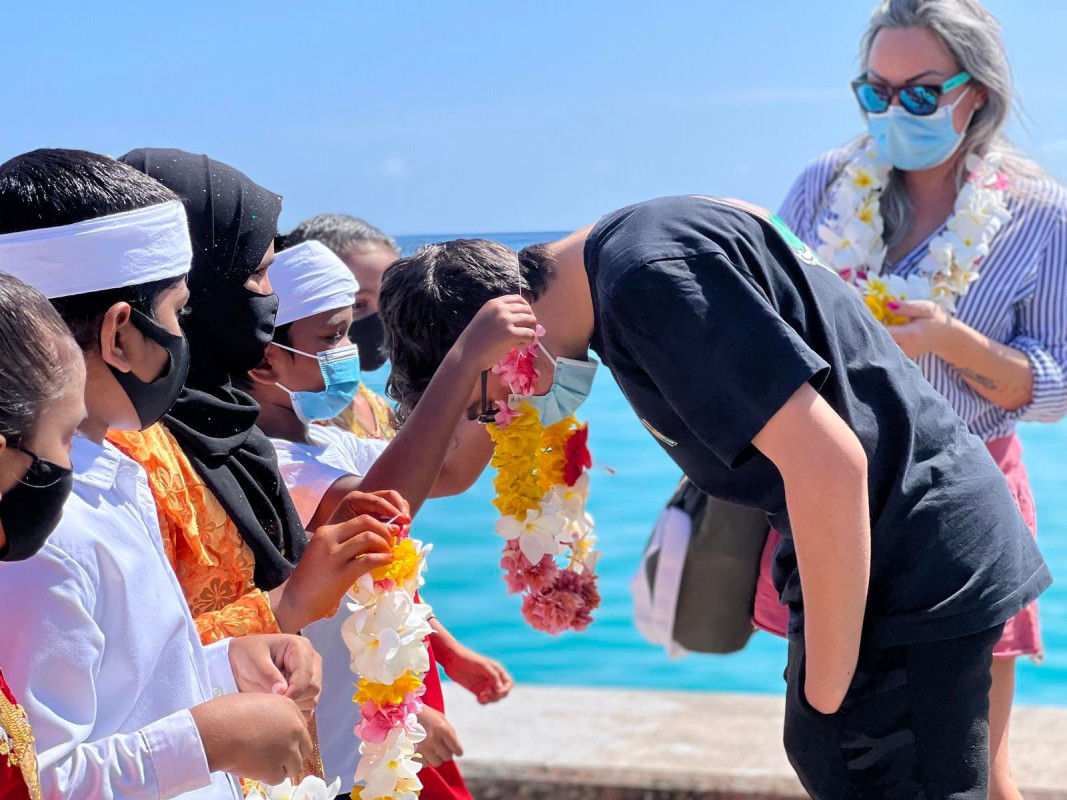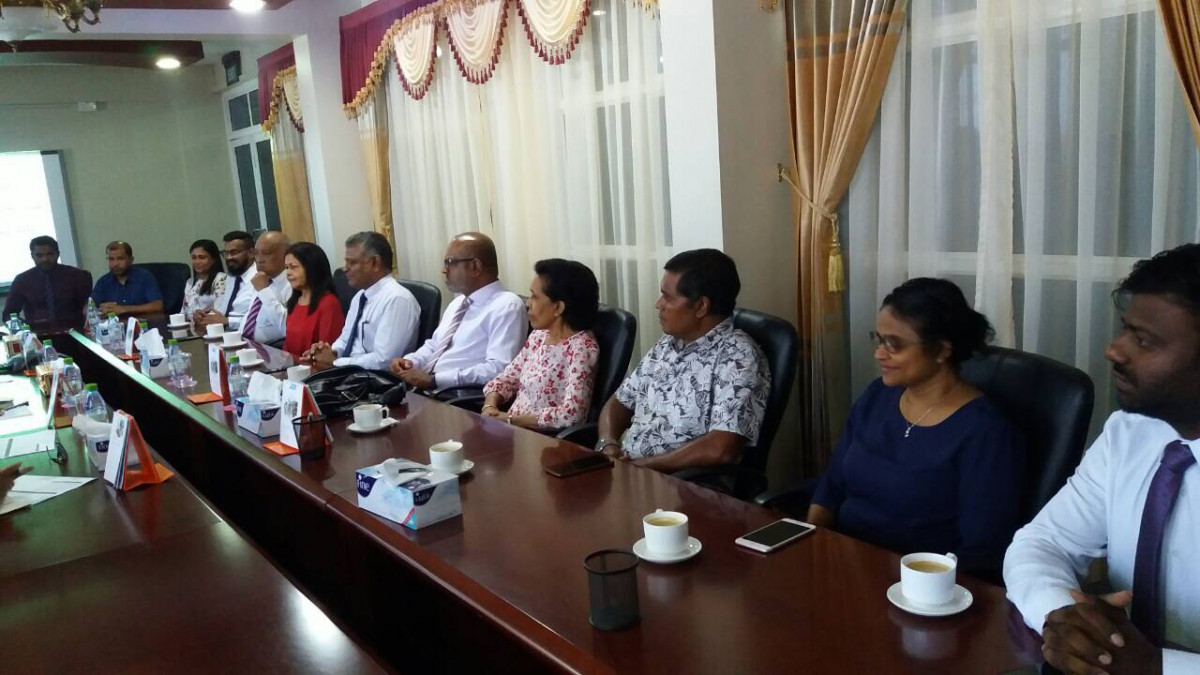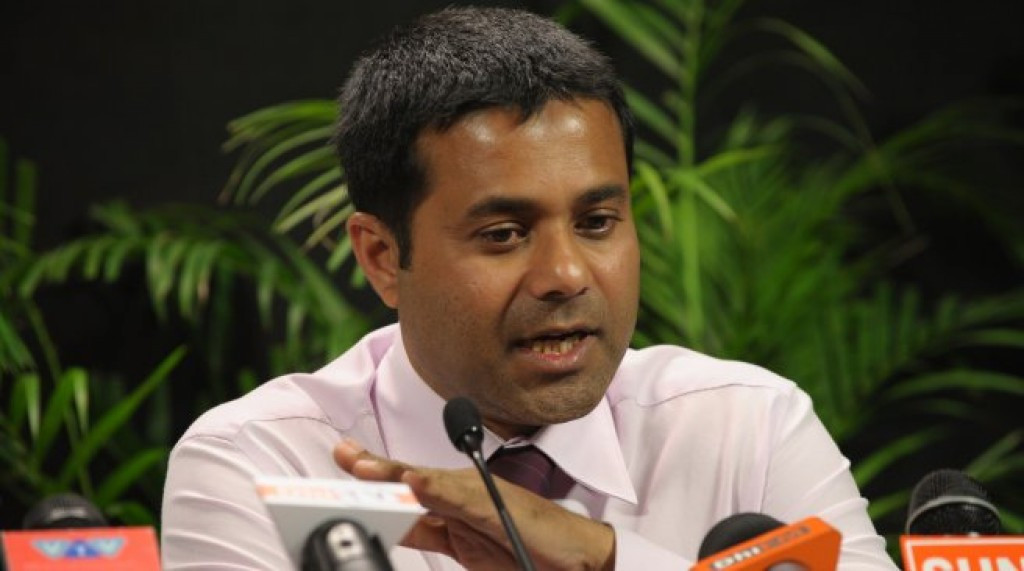Ministry transfers 17 state wards to new safe haven in Eydhafushi island
Four other such safe havens are being established in the country
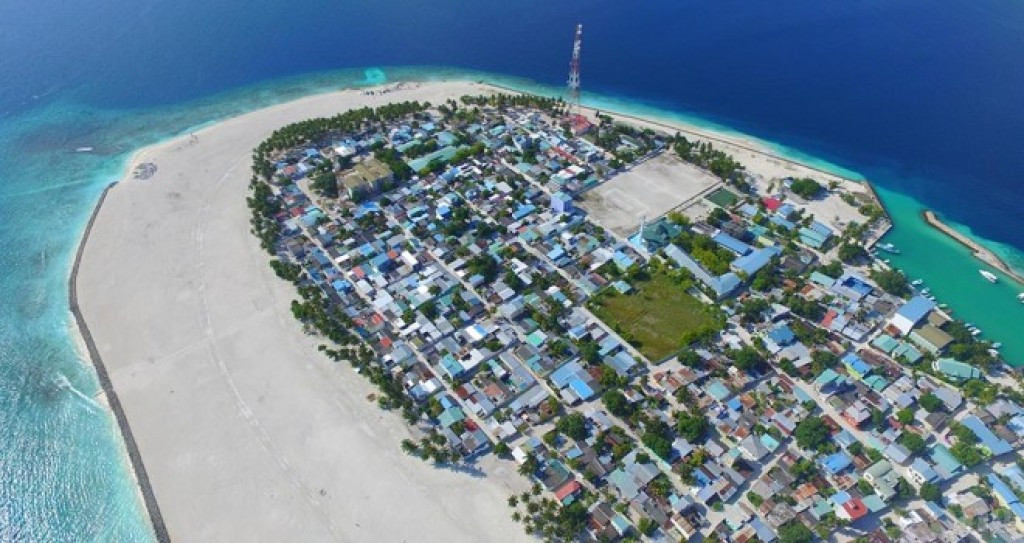
Eydhafushi island of Baa atoll
17 children travelled from the Fiyavathi children's shelter to a newly-established safe haven in Eydhafushi island of Baa atoll, in a bid to help them better engage in social integration and experience life in a community-oriented environment.
Minister of Gender, Family and Social Services, Aishath Mohamed Didi joined the children, who live as wards of the state for various reasons as they travelled to the island on a Trans Maldivian Airwayds (TMA) seaplane transfer earlier today.
The government has been working to implement their policy of ensuring that every child grows up in a safe, loving and nurturing environment, but due to complex cultural and socio-economic reasons present within Maldivian society, many children often end up as wards of the state with no family to care or take responsibility for their well-being. However, the ministry has been focusing on giving these children living congested and under-resourced facilities in the Greater Male' Region an opportunity to live in society as active members interacting with the community in a nurturing environment.
The safe haven developed in Eydhafushi is the first of its kind and represents a collaboration between related authorities and the island's community to best protect the rights of children who live there.
As of now, there are 50 children living in Kudakundhinge Hiyaa and 150 children in Fiyavathi, segregated and cared for separately based on age. Due to this, some children who come from the same family are sometimes forced to live apart from each other in separate facilities.
Gender ministry says that children who travel to safe havens such as this one will be given the opportunity to live with their siblings together with the families on the island.
The ministry plans to carefully monitor the number and status of children they transfer to safe havens to identify and ensure that they get the special attention needed for developing into functional members of society. It believes that the freedom to live as active and accepted members of the communities they are transferred to will make it easier for them to integrate into society as they grow. This will also open open up opportunities for education and skill development for the children, which will help them with building careers, families and be part of the youth working population.
Aside from Eydhafushi, four other safe havens are being established in different parts of the country.
